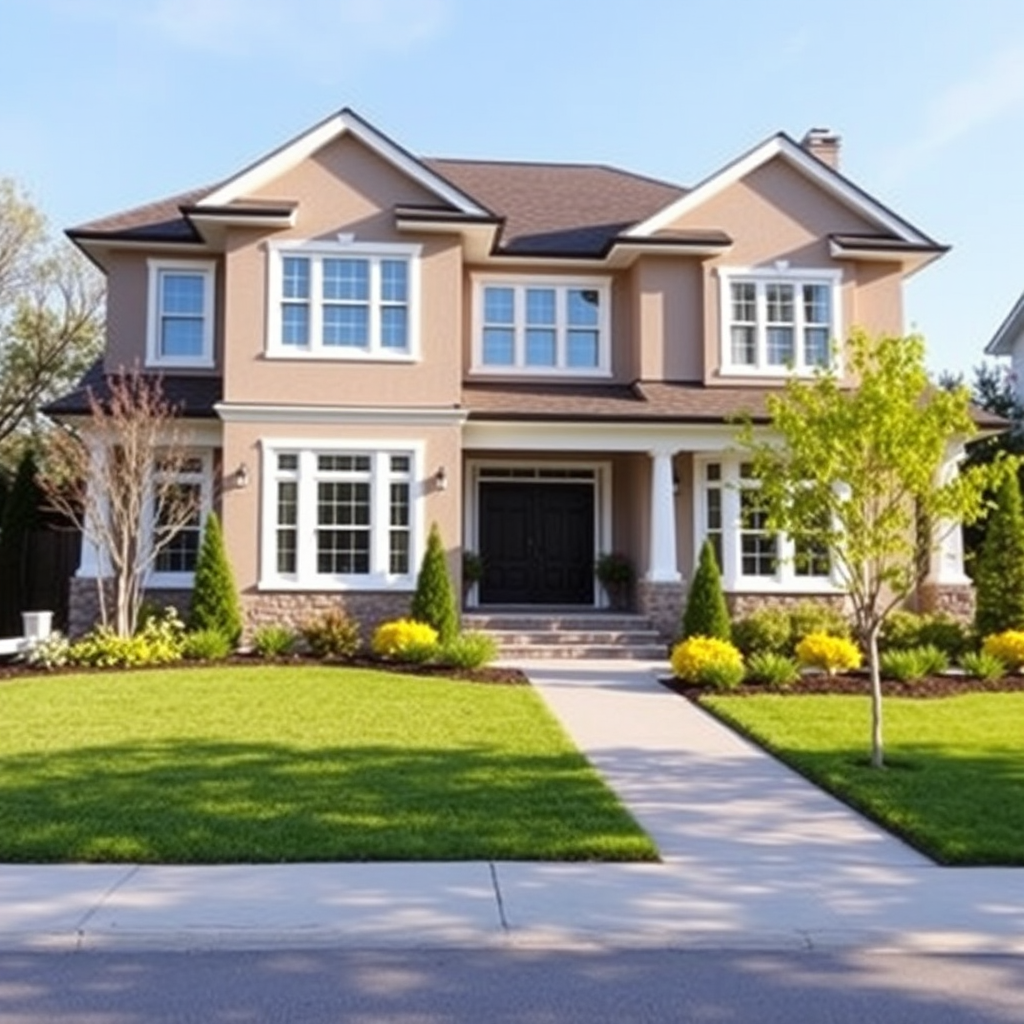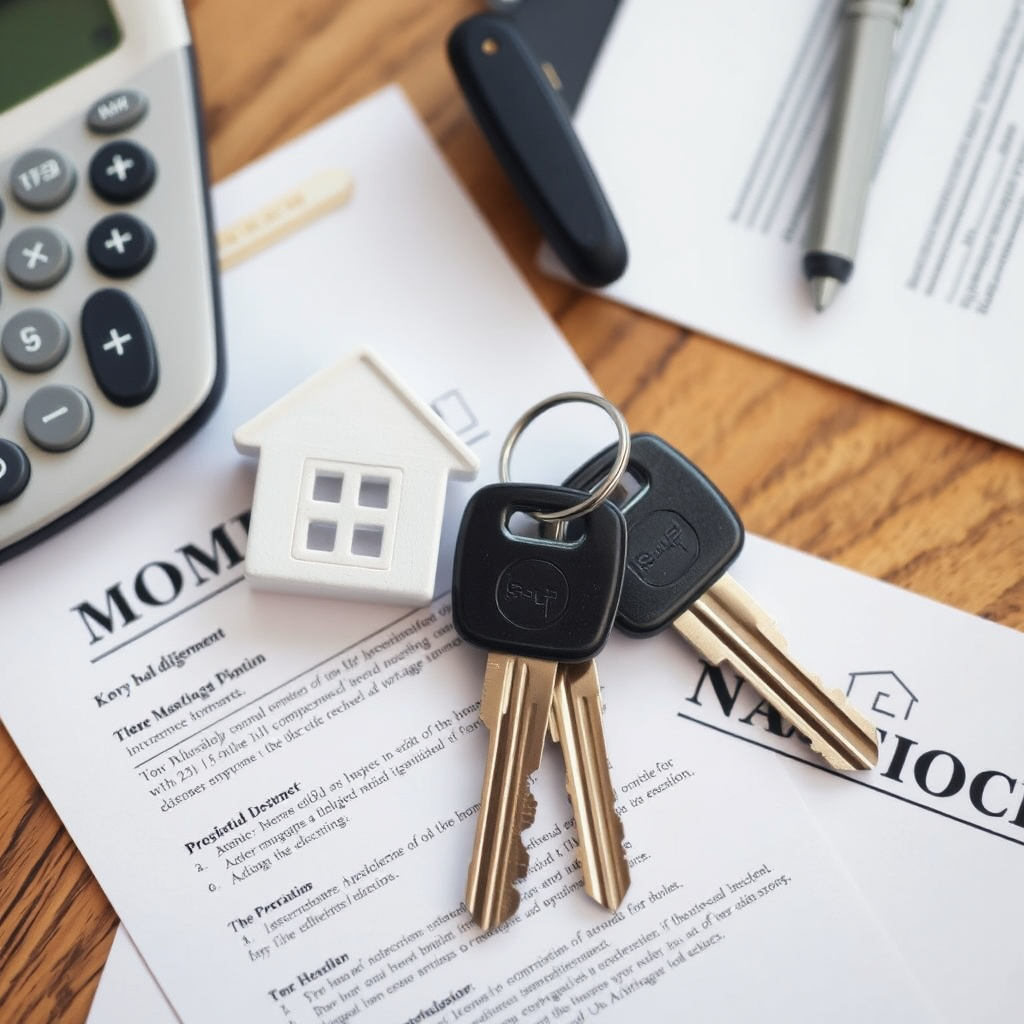Home Mortgages: Your Complete Guide to Residential Financing
Navigate the complex world of home financing with confidence. From conventional loans to specialized programs, discover the mortgage options that can make homeownership a reality.
Understanding Your Mortgage Options
When exploring local banking services for home financing, understanding the variety of mortgage products available is crucial for making informed decisions. Each loan type offers distinct advantages tailored to different financial situations and homebuyer profiles.
Conventional Loans
The most common mortgage option, conventional loans are not backed by government agencies and typically offer competitive rates for borrowers with strong credit profiles. These loans require a minimum down payment of 3% for first-time buyers and 5% for repeat buyers.
- Flexible down payment options
- No mortgage insurance with 20% down
- Higher loan limits available
FHA Programs
Federal Housing Administration loans are designed to help borrowers with lower credit scores and smaller down payments achieve homeownership. These government-backed loans offer more lenient qualification requirements.
- Down payment as low as 3.5%
- Credit scores as low as 580 accepted
- Gift funds allowed for down payment
VA Benefits
Veterans Affairs loans provide exceptional benefits for eligible military service members, veterans, and their spouses. These loans offer some of the most favorable terms available in the mortgage market.
- No down payment required
- No private mortgage insurance
- Competitive interest rates
Financial Requirements and Considerations
Down Payment Requirements
Down payment amounts vary significantly based on loan type and lender requirements:
- Conventional: 3-20%
- FHA: 3.5%
- VA: 0%
- USDA: 0%
Credit Score Considerations
Credit requirements differ across loan programs:
- Excellent (740+): Best rates
- Good (680-739): Competitive rates
- Fair (620-679): Higher rates
- Poor (580-619): FHA options
Closing Costs Overview
Expect closing costs to range from 2-5% of your loan amount. These include appraisal fees, title insurance, attorney fees, and various lender charges. Many regional financial services offer closing cost assistance programs for qualified borrowers.

Homeownership Made Accessible
Discover how the right mortgage program can turn your homeownership dreams into reality with competitive rates and flexible terms.
Quick Qualification Check
Calculate your potential monthly payment
Estimate your buying power
Fixed-Rate vs. Adjustable-Rate Mortgages
Fixed-Rate Mortgages
Fixed-rate mortgages maintain the same interest rate throughout the entire loan term, providing predictable monthly payments and long-term budgeting stability.
Advantages:
- Predictable monthly payments
- Protection from rate increases
- Easier budgeting and planning
Best For:
Borrowers planning to stay in their home long-term and those who prefer payment stability over potential savings.
Adjustable-Rate Mortgages (ARM)
ARM loans feature interest rates that adjust periodically based on market conditions, typically offering lower initial rates that can change over time.
Advantages:
- Lower initial interest rates
- Potential for rate decreases
- Lower initial monthly payments
Best For:
Borrowers planning to move or refinance within a few years, or those comfortable with payment variability.
Pre-Qualification Process
The pre-qualification process is your first step toward homeownership, providing valuable insights into your borrowing capacity and helping you shop with confidence. This independent banking overview explains what to expect during each stage.
Initial Application
Provide basic financial information including income, assets, debts, and employment history to begin the evaluation process.
Documentation Review
Submit required documents including pay stubs, tax returns, bank statements, and other financial records for verification.
Pre-Approval Letter
Receive your pre-approval letter stating your maximum loan amount, giving you negotiating power when making offers.
First-Time Homebuyer Programs
Special Opportunities for New Buyers
First-time homebuyers have access to numerous programs designed to make homeownership more affordable and accessible. These community banking insights can help you identify the best options in your area.
Down Payment Assistance
Many regional financial services offer down payment assistance programs that can provide grants or low-interest loans to help cover your initial investment.
- State and local grant programs
- Employer assistance programs
- Non-profit organization support
Educational Resources
Take advantage of homebuyer education courses and counseling services that can improve your qualification chances and provide valuable knowledge.
- HUD-approved counseling agencies
- Online homebuyer courses
- Local workshop opportunities
Ready to Explore Your Options?
Understanding your mortgage options is the first step toward successful homeownership. Compare local bank options and discover regional bank tools that can help you achieve your homeownership goals with confidence.
